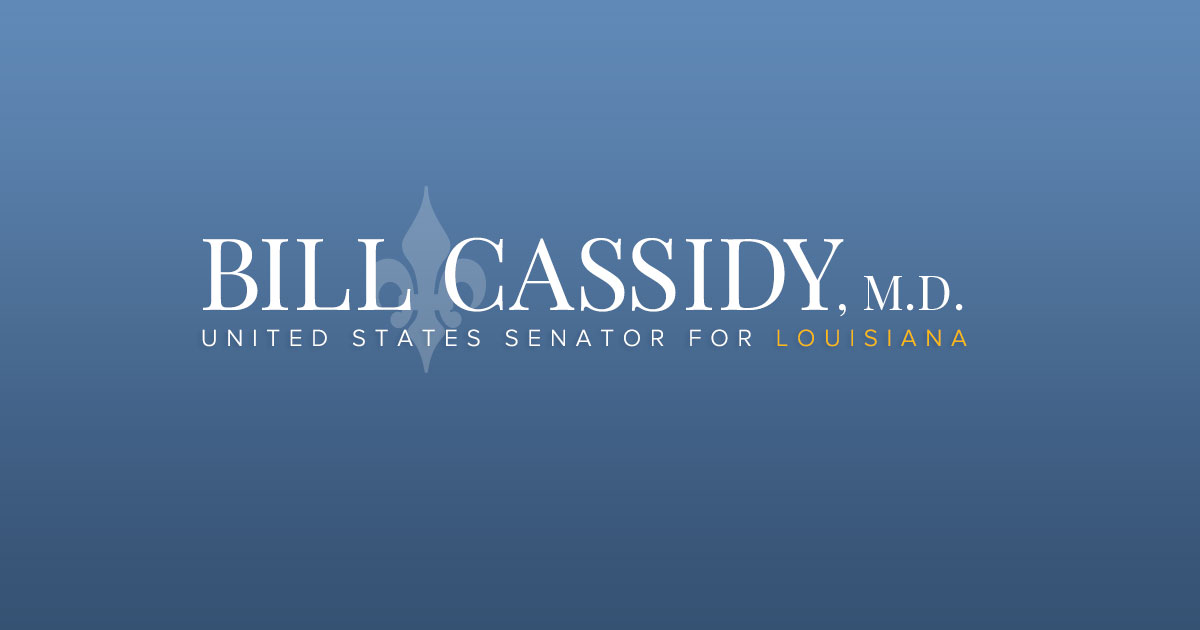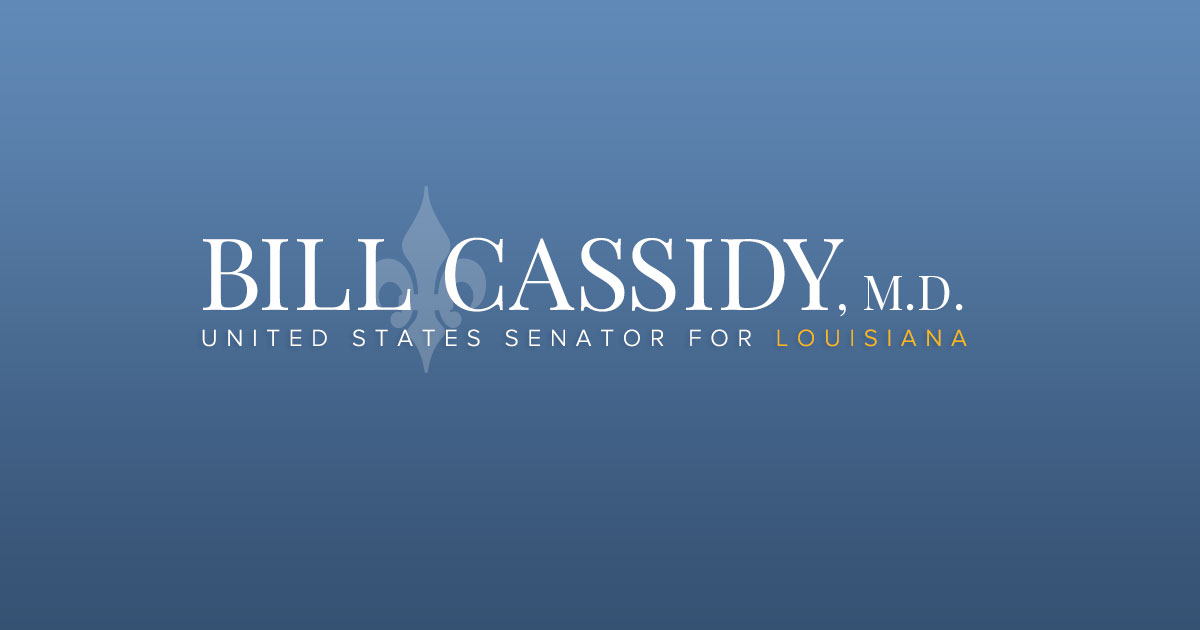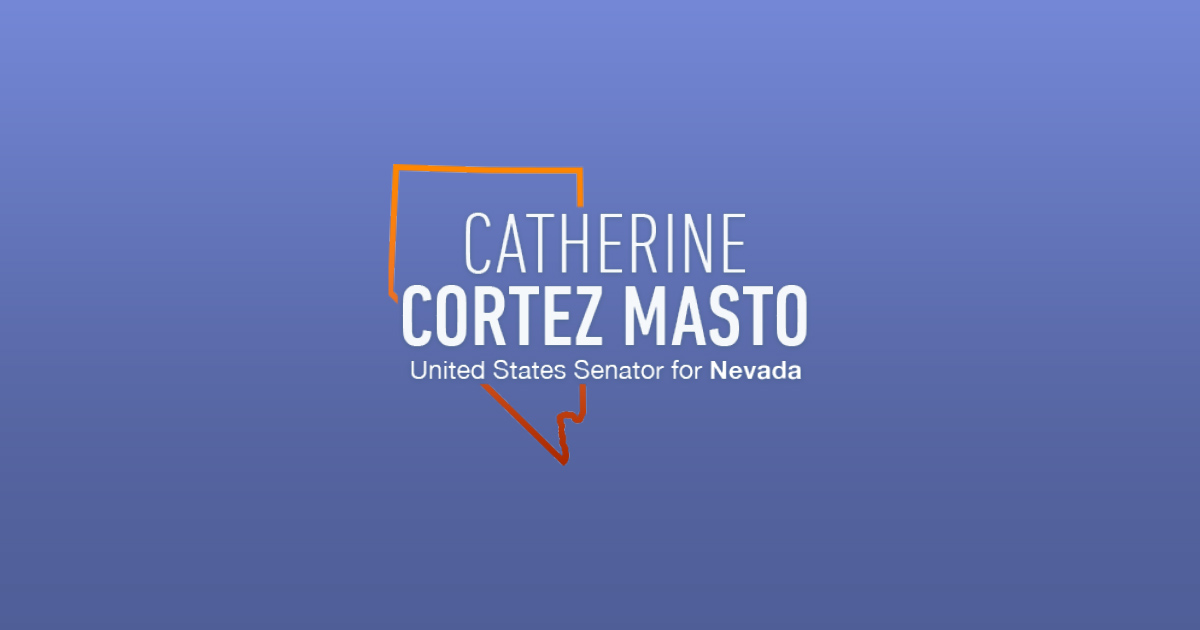Source: United States Senator Ron Wyden (D-Ore)
March 16, 2023
Senator also raises concerns about injustice for Oregon family in long-delayed asylum case.
Click here to watch a video of today’s remarks.
As Prepared for Delivery
I rise today to highlight a new rule by the State Department that honors a 15-year-old Portland girl whose life was cut short by a hit-and-run driver in 2016.
The girl’s name is Fallon Smart. And the man accused of manslaughter in her hit-and-run death was a Saudi national.
Subsequent reporting by my hometown newspaper – The Oregonian – uncovered that the Saudi national likely fled the country with the assistance of the Saudi government.
And the paper’s reporting later revealed this Saudi affront to American justice was not an isolated example when its nationals face criminal charges in our country.
The paper found 17 cases in the U.S. and Canada of Saudi nationals who fled justice while facing criminal charges.
These cases – some going back decades – aren’t parking tickets either.
The charges against these Saudi men include rape, manslaughter and felony hit-and-run. In Oregon alone, journalists identified seven cases of Saudi nationals absconding justice. Their crimes included first-degree manslaughter, unlawful firearm possession, intoxicated driving, third-degree felony assault, and multiple sex crimes charges including sexual abuse, first-degree rape, and numerous counts of first-degree encouraging child sex abuse.
In Montana, two Saudi nationals fled after accusations sexual assault.
In Ohio, two Saudi nationals fled after being accused of third-degree involuntary manslaughter and beating people with weapons at a college bar.
In Oklahoma, a Saudi national fled after being convicted of first degree rape.
In Pennsylvania, a Saudi national fled after being accused of attempted rape and other charges.
In Utah, a Saudi national fled after being convicted of rape.
In Washington state, three Saudi nationals fled after respective accusations of rape, sexual assault of a child, and beating and stabbing a classmate.
In Wisconsin, a Saudi national fled after being accused of two counts of sexual assault.
In most of these cases, local law enforcement confiscated the passports of the accused criminals and set bail at thresholds the individuals were unlikely able to pay themselves.
Yet, we know that many of these individuals somehow made bail and quickly received the resources and travel documents necessary to board a plane and leave, only to resurface in Saudi Arabia much later. How did they leave the country without their passport?
Based on this evidence, it appeared that the Saudi Government was assisting their citizens in evading prosecution in the United States.
I repeatedly pressed Customs and Border Protection, the U.S. Marshals Service, the Federal Bureau of Investigation, and the State Department to explain what they knew about this pattern of cases and how they would address it.
Despite all my efforts to get some answers, the Trump administration failed to acknowledge this disturbing pattern or explain what, if anything, it was doing to stop these absconders of justice.
That’s why, in 2019, I authored and got passed a law to declassify an FBI report on this issue.
This FBI report contended that the Saudis were assisting fugitives and that they won’t stop whisking away criminals until “the U.S. Government directly addresses this issue with the Kingdom of Saudi Arabia and ties U.S. cooperation on KSA priorities to ceasing this activity.”
So, in a sentence, you have foreign nationals in our country facing the most serious criminal charges and our “supposed” Saudi ally helping its citizens flee the American justice system.
That’s a disgrace. And it demanded action.
Once President Biden was sworn in, his administration assured me that American diplomats in Riyadh had raised this issue with Saudi officials at the highest level. But that was just the start.
The State Department has further pledged to me that it’s acting to put in place a new policy named for Fallon that would revoke visas “in cases where a foreign official has provided concerning forms of assistance to foreign nationals in evading prosecution in the United States by absconding from the United States.”
This “Fallon Smart Rule” came after I put a hold on Michael Ratney’s nomination to serve as U.S. ambassador to Saudi Arabia in order to raise the profile of this issue and get these commitments from the State Department.
I’ve lifted my hold on that nomination and Mr. Ratney has been confirmed. I want to thank Secretary Blinken for agreeing to take concrete actions that will deter other foreign officials from assisting fugitives on American soil.
I plan to watchdog the State Department’s implementation of the new policy to ensure there’s real accountability for foreign officials who prevent justice from being carried out in the manslaughter of Fallon Smart and other awful crimes across our country.
There’s no way to bring Fallon back to her family and no punishment to heal her family’s grief and loss.
But today is a good day on the march to justice for Fallon Smart.
The “Fallon Smart Rule” sends a strong message that there’s no place in our country for foreign officials who help criminal suspects evade the law.
And I will continue to bird dog this, closely watching the administration to make sure it enforces the Fallon Smart Rule whenever there is evidence that foreign diplomats are undermining the American justice system.
I promised never to be silent whenever Saudi Arabia tries to cleanse its blood-stained hands in the fight for U.S. justice in the hit-and-run death of Fallon Smart.
Her death at the hands of a Saudi national on Hawthorne Boulevard in southeast Portland must never be forgotten.
And I can tell you the work to hold the Saudi officials accountable in this case will never be forgotten.
Unfortunately despite all the progress in achieving the Fallon Smart Rule, some federal bureaucrats in this administration continue to defer to the interests of dictators in the Middle East.
That callous attitude by federal immigration officials has had devastating impacts at home in Oregon for two people who have done everything right to contribute to their adopted communities.
The names of these two standout Oregonians are Matar Matar and his wife, Dr. Amal Alyusuf.
And the saga of this couple’s unconscionable wait for asylum has also been detailed by in-depth reporting in The Oregonian newspaper.
The couple’s appeal for asylum began more than a decade ago, in November 2012.
Matar was the youngest member of Bahrain’s Parliament, and had been jailed and tortured for weeks on end by Saudi-led security forces.
The couple fled with their children to the United States for refuge, and applied in good faith for asylum.
More than 10 years later, their case somehow remains “pending” in our country – a country that’s always taken great pride in providing refuge for people fleeing the worst abuses in their native countries.
It’s a path to freedom and safety that the Wyden family knows more than a little about. My parents both fled the Nazis in the 1930s for safety in America.
I am the proud son of those refugees, both of whom worked every day of their lives to contribute to their adopted country.
As has been well-documented in The Oregonian, this Bahraini couple is doing the same in Oregon as my parents and uncounted millions of immigrants have done for centuries in America.
Namely, this couple is making every effort while raising their three children to make their new communities even better places to live and work.
Matar works for the Willamette Dental Group in Portland. And Dr. Alyusuf provides essential health care in rural Oregon, practicing as a physician in Douglas County.
Yet my office has run into a bureaucratic morass from unresponsive immigration officials closing their eyes and ears to all the evidence of how this exemplary Oregon family deserves far better.
So just as I pledged to seek justice for Fallon Smart and make sure this administration follows the “Fallon Smart rule,” I am putting this administration on notice that I’ll be just as dogged in pursuing a just solution for this Bahraini family.
Simply put, this family should not have to endure this brutal limbo of more than 10 years waiting to know that it can continue contributing to a better Oregon – free of fear from deportation at a moment’s notice.
And I will be relentless in helping this family achieve the security and justice they fully deserve.
###






